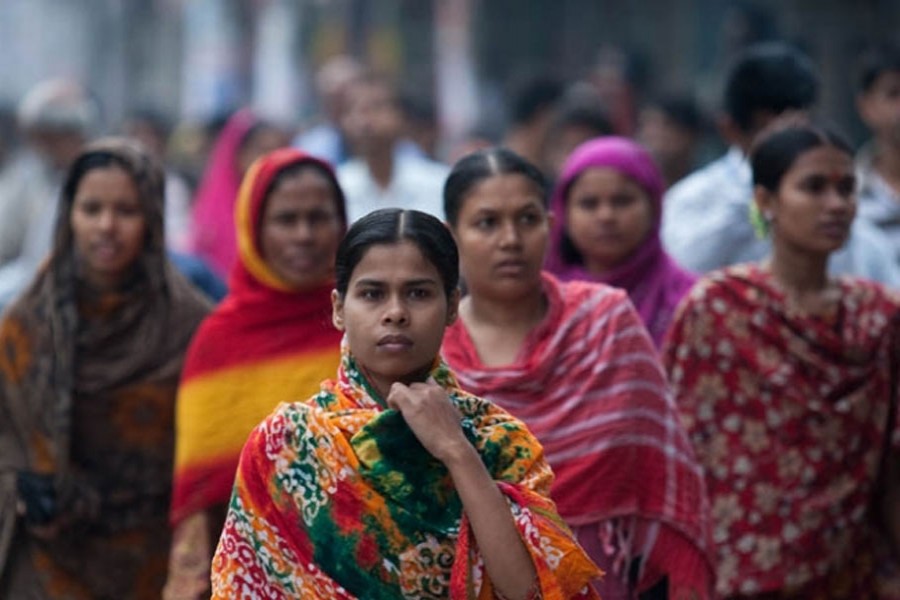The grim state of labour safety in Bangladesh must have been recalled with uncase in the recent years. Different countries and rights groups have kept trying to reach solutions to impasses in the labour sector. The tale begins with the apparel industry hazards, disasters like building collapse and blaze. They are followed by deprivations facing the workers at small and big industries including the export-oriented ones. Many large foreign importers still remain far from being satisfied with the measures taken by the government. Given these developments, local and overseas labour welfare forums and a number of potential apparel importers have been putting pressure on Bangladesh to radically improve its labour-intensive industries. In line with this comes a warning from the EU (European Union) that a non-complying Bangladesh is in for the spectre of losing its GSP benefits. A recent FE report detailing the EU's stance says the latter is mulling withdrawal of the preferences under GSP if Bangladesh fails to produce positive results in its labour safety and rights sector.
In the context of years-long initiatives to bring about significant pro-worker changes in the industries, especially the readymade garment (RMG) or apparel sector, the EU's cautionary words appear to be depressing. The European Union in its latest report highlighted its concern over labour and human rights situation in Bangladesh. It has called for further improvements in these areas to avert any situation like the withdrawal of the Generalised System of Preferences (GSP). The report has referred to the case of Cambodia, where the EU opened the process for a temporary GSP facility withdrawal in February, 2019. However, the Bangladesh case now hinges on the publication of an assessment report on the country by the International Labour Organisation (ILO) by next month.
A troubling aspect vis-à-vis the EU stance evidently is the bloc's pointer to scrutiny of the countries found 'wanting' in addressing the thorny issues related to workers. The EU also comes up with a rider: through enhanced engagement, the bloc has intensified dialogue with Bangladesh, Cambodia and Myanmar to ensure they take concrete actions on and reach sustainable solutions to the serious shortcomings. They involve fundamental human and labour rights. A fact worth noting is that in the area of preferential imports only, Bangladesh has emerged as the EU's number one GSP partner closely followed by India, Indonesia, Vietnam and Pakistan.
Citing the instances of a few major achievements in workers' safety and labour rights, a section of labour experts are optimistic that at the existing stage the country can smoothly pass the EU's test of scrutiny. However, the trading bloc's demands for addressing the issues of occupational safety, expanding the capacity of factory inspections, formation of trade unions etc might create bottlenecks for the country to be in the EU's good books. Compared to the industrial and formal labour sector, the plight of the workers in the informal one is appalling. The labourers here are deprived of even the most elementary safety arrangements while at work, not to speak of financial supports in cases of fatalities or grave injuries. Trade unions are an anathema to the informal labour sector. Payments depend on the whims of the employer. In such a situation, many otherwise skilled workers coerce themselves into hazardous jobs. Except on the days of different international observances, the informal workers remain unsung. The EU, the ILO and labour rights groups are hardly found vocal about these hapless people.


